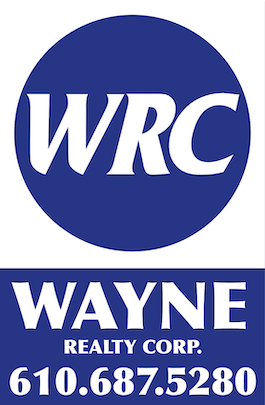So you’ve been window shopping online, looking at some of the homes for sale in your neighborhood. Wondering what it takes to buy your own home? We’ve got a few things to keep in mind while you’re looking.
Talk to a Professional
Realtor®
Realtor®s are licensed real estate agents who are held by the National Association of Realtors (NAR) to the standards of the association and its code of ethics. Today’s buyers do most of their initial home searching online and are more informed than ever before. But a Realtor®’s job is to act as a curator and guide during the home buying process. They’re experts when it comes to the details, including setting you up with a mortgage broker, hiring renovation teams, negotiating the purchase price of a home, scheduling showings, and more.
They’ve been around the block once or twice and know what to look for in a home. Plus, your buyer’s agent has a fiduciary duty to you, which means they are legally obligated (as well as ethically obligated per NAR’s code of ethics) to represent your best interests. It’s worth having an initial conversation with a Realtor® as you’re beginning your home search – they can point you in the right direction!
Mortgage Broker
A mortgage broker is a licensed and regulated professional who works with you to gather documents, pull your credit history, verify income and apply for loans on your behalf. They will also help you get obtain a mortgage preapproval letter, a document you’ll need when you put in an offer for a home. It tells the seller that you’re serious about the home purchasing process because you’ve already spoken with a professional about the home loan process and have received tentative approval from the lender.
You’re not obligated to use the same mortgage broker (or lender) for your preapproval letter as for your home purchase. As you shop around for home loans, it’s important to take the time to find someone you click with and trust.
Evaluate Your Financial Readiness
Down Payment
Once you’ve determined the amount you want to put down for a home purchase, set aside these funds. It’s important not to substantially change your financial status as lenders will track all financial traffic into your accounts. Generally, lenders like to see a down payment as well as money set aside for closing costs and living expenses. Lenders like to see at least 20% down; otherwise you will be required to pay private mortgage insurance (PMI).
Credit Score
You’ll also want to understand and know your credit rating as banks will use it to decide whether to and how much money to lend to you. The better your credit rating, the lower your interest rate may be.
Debt-to-Income (DTI) Ratio
Your DTI is your monthly expenses vs your monthly cash intake. Most lenders like to see a DTI of no higher than 43%. There are several online calculators which can help you determine your personal DTI. Just make sure to build in breathing room as well for additional living costs and “other” expenses – it’s no fun being house poor, and you may need the extra cash for routine maintenance around the house.


















